When the stars align
Many of Australia's cycling fans have enjoyed an affinity with Lance Armstrong during the past...
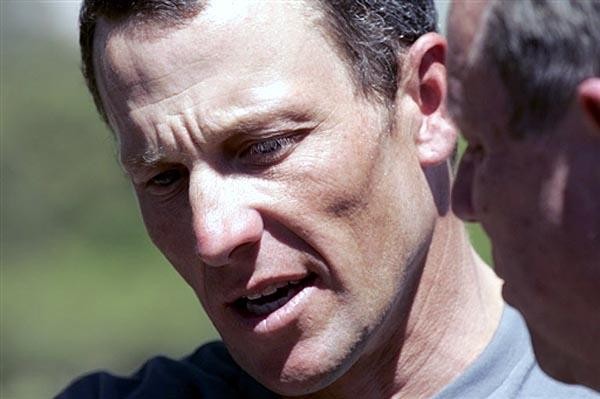
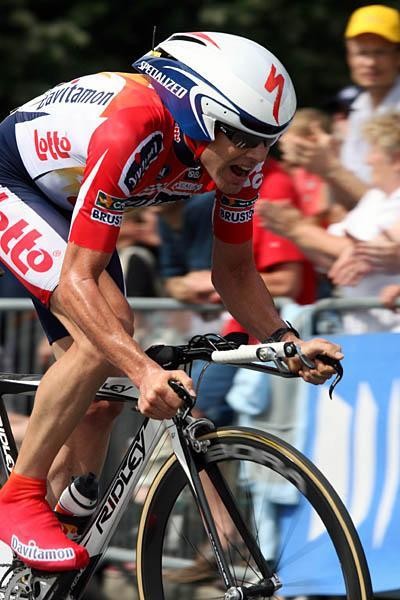
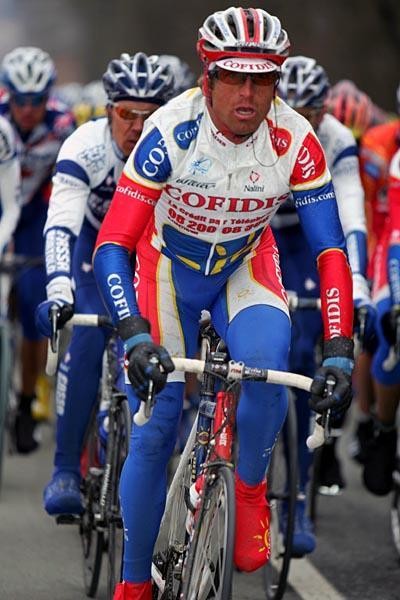
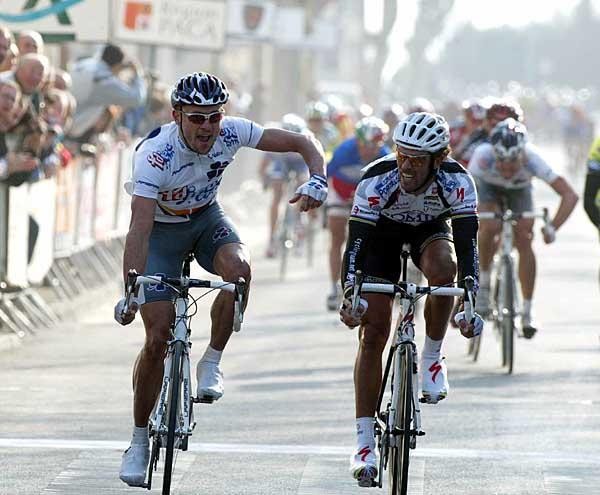
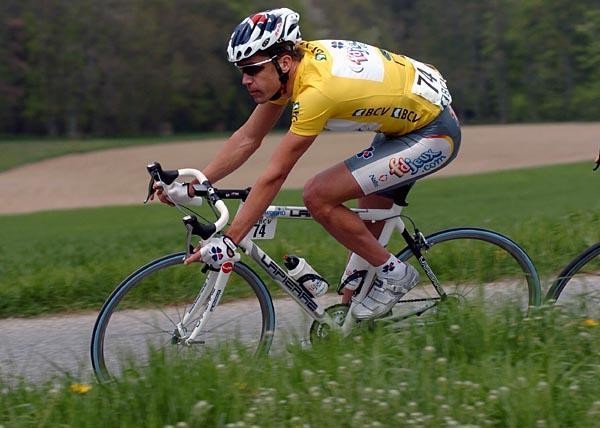
Tales from the peloton, January 16, 2009
Many of Australia's cycling fans have enjoyed an affinity with Lance Armstrong during the past decade. Some are more familiar with his exploits than those of their countrymen who also race at the highest level, such is the pull of 'The Armstrong Factor'. With the seven-time Tour de France winner in Australia for the Tour Down Under, local fans will get the chance to see their cycling idol in the flesh.
There's plenty of public interest, but what do some of Australia's best riders make of Armstrong? Some have competed against him for the Tour crown (Cadel Evans in 2005), while others have shared podium space with him in Paris (Baden Cooke in 2003). Others have beaten him (Brad McGee in the 2003 Tour de France prologue) whilst another has shared a team with him (Matt White in 2001 and '02).
Baden Cooke won the green jersey at the centenary edition of the Tour de France as an uncompromising 24-year-old riding for Française des Jeux. The two had won separate classifications, but the Victorian was suddenly on the biggest stage with arguably the world's best-known rider and he still realises just how big a name Lance's is.
"Everyone wants to have a piece of a guy like that, so considering that I think he handles himself quite well," says Cooke. "Everyone knows he's a tough character. There's no denying the fact he's an incredible athlete. He's straight down to business - no ifs, no buts - he's about winning. I find him quite an impressive character."
Despite not having ridden for Armstrong at the Tour, former teammate Matt White was a rider in the privileged position of seeing the inner workings of the US Postal/Discovery Channel machine. Now a directeur sportif at the Garmin-Slipstream team, White enjoyed two stints at the squad, the first during Armstrong's career in 2001 and '02.
The best leader
The latest race content, interviews, features, reviews and expert buying guides, direct to your inbox!
"He was definitely the best leader I ever worked for," says White. "I rode for some world champions and some pretty good guys - Casagrande, that sort of rider - but Lance is the best leader. He totally dominated most of the things he wanted to do during that period, especially after coming back from cancer.
"He had a very successful career before his illness, winning the world championships and some other big races, although that seven-year domination of the biggest race in the world is what everyone remembers him for."
Armstrong's comeback following testicular cancer, and the massive media attention his subsequent performances garnered, brought cycling to the attention of a new audience, particularly in English-speaking countries. His second comeback has arrived, and the spotlight is once again well and truly on the Texan.
Cooke cites this type of drawcard rider as being beneficial to the sport at a time when it could do with a stimulus. "Everyone's got their point of view on Lance, but I think at this time cycling needs him. It needs someone to draw attention back to the sport - there's the economic crisis, a doping crisis, and the sport seems to be dying a bit.
"There are less teams and less money... I honestly believe the hype surrounding him is what we need to get sponsors excited again and I'm sure - we've had a few years in a row of cycling losing more teams than its gaining - other than the fact that there's not as much money in the world to kick it forward, it just needs that hype."
That's certainly been the case this week, as the South Australian capital, Adelaide, has gone Lance-Mad. Radio stations are playing songs from his iPod, locals want to be photographed with him, fans want to meet him. As such, talk has been of him needing Police escorts on training rides, something Team Columbia directeur sportif Allan Peiper believes could only be the case for one man.
"He's the only guy in cycling who could mobilise military force in a country," says Peiper. "Just look at the hype that's been around for months already - in the newspapers and the like. Michael Rogers won the national time trial championship and it didn't even get a run in the Herald Sun in Victoria. The next day they included photos of Lance working out in the gym."
Integral to what make Armstrong known for his exploits on the bike is the team work that became a hallmark of the American's seven Tour de France victories. Since his return, it has become obvious that Astana, under the leadership of Johan Bruyneel, is again taking on the feel that characterised the US Postal/Discovery Channel crew.
Matt White explains this phenomenon thus: "He had singleminded preparation for that event [the Tour de France]. You didn't have a place in the team if you weren't happy busting your balls for him. We won the Tours of Italy and Spain, plus the Tour de France; we were the best stage racing team in the world by far.
"There weren't many races we went to without someone who had won or been on the podium. The team was centred around four guys who did well - a pretty core group of some of the strongest guys in the world who you could take anywhere and be successful."
The 2002 US Postal star team
Like the Astana of 2009, the US Postal squad of 2002 was full of riders regarded as stars in their own right. But for three weeks in July all bets were off as Armstrong became the team's focus. This issue has been raised on numerous occasions with the American's return to the pro fold, and with the likes of Alberto Contador and Levi Leipheimer on the Astana team, the parallels quickly become apparent.
"A lot of people don't realise how good that team was," adds White. "I could never crack into that Tour de France team that rode for Lance because my climbing abilities weren't quite what was needed - I couldn't ride every day on the front in the mountains all Tour. There was Ekimov, Hincapie, Heras, Rubiera, Padrnos and Peña - it was a core group of blokes that on their own were superstars, but put them all together and it was one hell of a team."
Almost a decade younger than White, Garmin-Slipstream rider Trent Lowe began his professional road career with Discovery Channel in 2006, and despite not having Armstrong in the team at the time, his influence was still strong in terms of the style in which the riders raced. That Bruyneel/Armstrong bond, forged in the furnace of the Pyrenees during July, was evident with the Belgian retaining control of the show, and the flavour remained even during the American's retirement.
"I have very good memories of racing with that team," says Lowe. "The team was really led with Johan and we went out and raced with conviction. Sometimes you might make a mistake, but we would always put our cards out on the table and that was how we were going to race. It's fantastic when you can head out there with such strong a motive each time."
That last comment displays precisely the Armstrong approach, and in addition to actually owning part of the team, shows how much the team represented what he was about - and vice versa. Lowe's next comment is another indication of this: "At every race we had a leader, someone to race for; you learn what's required to go out there each time and do that. Hopefully I use those skills in all of the racing I do - when I get a chance to ride for myself, or when it's for someone else."
It all paints a picture of a strong character with a singleminded clarity of vision when it come to achieving goals. This can be seen in his work for cancer charities this week after arriving in Australia; the man's energy seems to know no bounds, which will serve both charity organisations and race promoter Mike Turtur well.
White agrees, saying, "Obviously it's a big coup for Australia, and having him down here is going to be bigger than Ben Hur. The race has gone from strength to strength each year, although I reckon Mike's going to have a tough time making it bigger than this year, that's for sure."